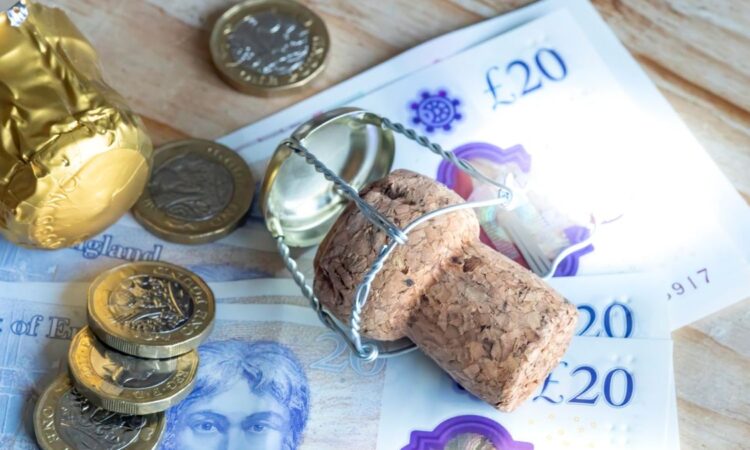
New Year’s Day means New Year’s resolutions – and, with disposable incomes still tight, money will be high on many people’s agendas.
January is a good time to reassess your finances and boost the health of your savings, especially with interest rates at their highest for years.
Saving more
add a comment






